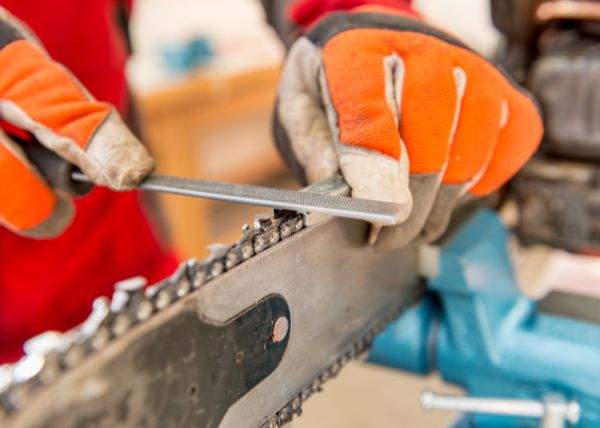There is no doubt that construction is a dangerous industry to work in. Exposure to the elements, working high off the ground, and powerful machines can all threaten people’s safety on a job site. Adding negligence into the equation makes the potential for an accident even greater.
Negligence can take several forms on a construction project, from a driver who drives too fast in a work zone to an employer who does not comply with state or federal regulations. Negligence can also make the dangerous tools workers use even deadlier.
Defects in a Dangerous Tool
Imagine you are using a chainsaw. You know it’s a dangerous piece of equipment, so you take precautions to avoid accidents. You learn how to hold it; you wear eye protection and gloves; you perform regular maintenance.
Someone in this situation would expect the chainsaw to work correctly. However, if it is defective, it may not.
This was the case recently when Black+Decker recalled 82,000 chainsaws after reports that a defect caused them to start unexpectedly. According to sources, the saw can turn on by itself when it is plugged into an extension cord upside down.
The defect makes an already dangerous tool even more so.
Negligence and Defective Products
Defective products are dangerous. However, not all dangerous products are defective. A chainsaw, for instance, is designed for powerful cutting and is inherently unsafe. That said, they can have flaws that make them operate in ways they should not.
When someone is hurt or killed using a defective product, there are legal remedies for victims and their loved ones. They can file a claim against the negligent party or parties responsible for the defect, including designers, manufacturers, and distributors of the product. Also, owners of job sites and their general contractors may be responsible for allowing defective tools to be used.
A lawsuit will not undo an accident, but there are other benefits of taking legal action. Not only can it result in compensation for those with damages, but it can also hold parties accountable for wrongdoing and get a defective product off the market. If you have been hurt on a construction site, consider speaking with a knowledgeable attorney about your options.



